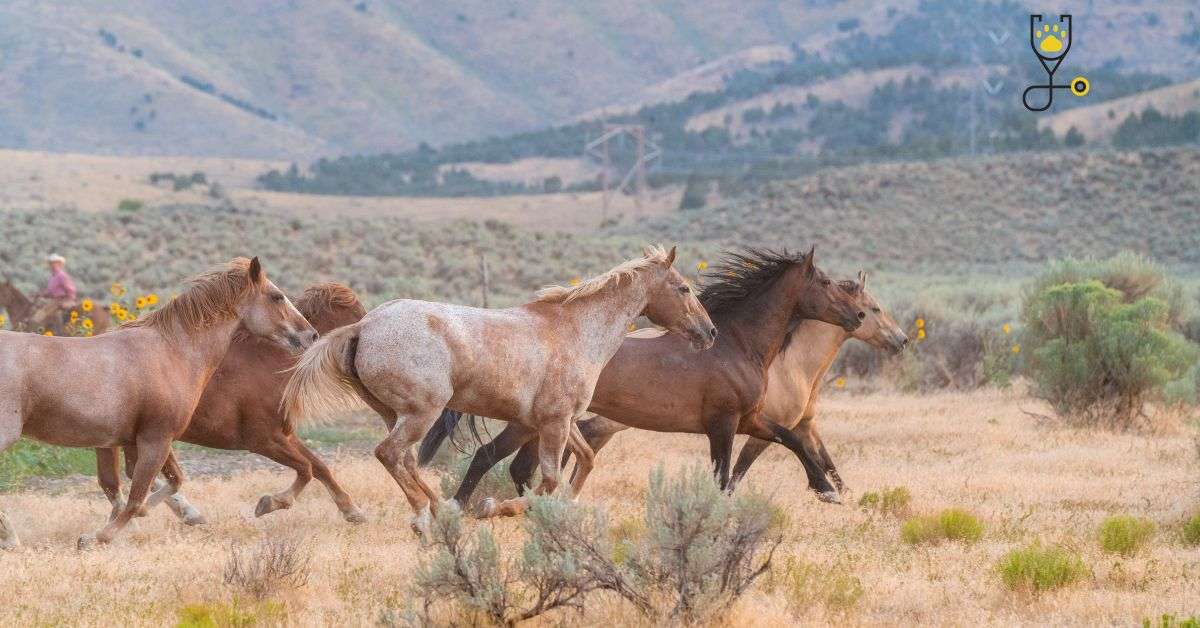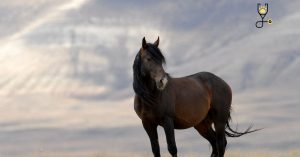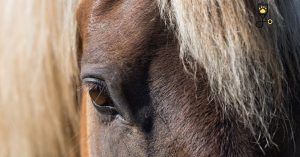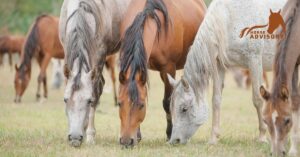Have you ever been around horses? If so, you may have noticed that they have some pretty distinguishable social behaviors. Interestingly, these same social behaviors can be seen in both wild and domestic horses. In this post, we’ll take a closer look at some of the most common social behaviors of horses and what they mean. So, whether you’re a horse lover or just interested in learning more about these majestic creatures, keep reading!
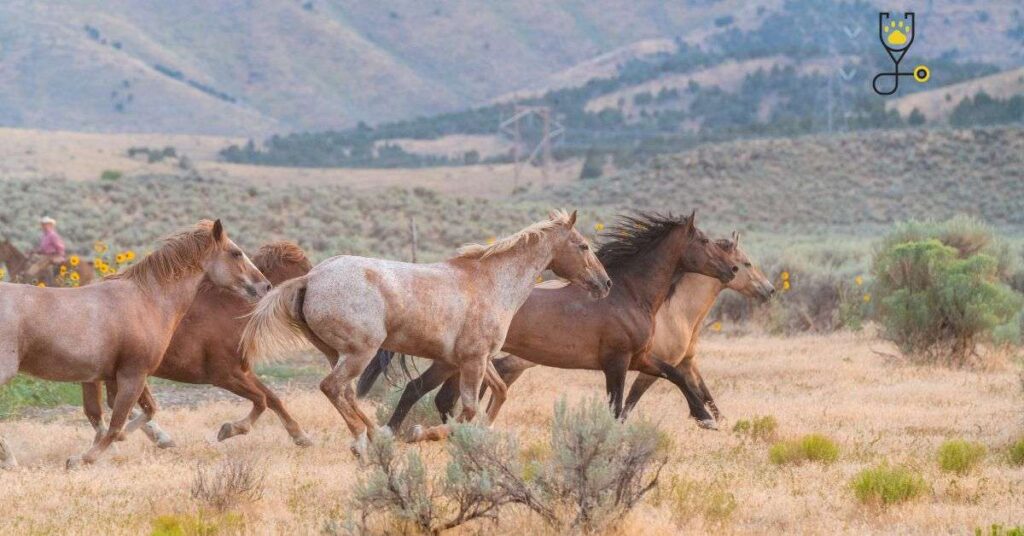
Social behaviors of wild and domestic horses
Horses are social creatures that live in herds. In the wild, horses form herds for protection from predators and competition for resources. Domestic horses may not have to worry about predators, but they still benefit from being part of a herd. Herd behavior provides horses with a sense of security and belonging.
One of the most notable social behaviors of horses is their use of body language. Horses use their ears, eyes, tails, and posture to communicate with one another. For example, a horse who is feeling threatened may adopt a defensive stance, with its ears pinned back and its tail swishing aggressively. Alternatively, a horse who is feeling friendly or submissive may approach another horse with its ears forward and its tail held high.
Horses also communicate through vocalizations. While horses don’t have a large repertoire of vocalizations, they can make a variety of sounds, including whinnies, snorts, and nickers. The meaning of these vocalizations is not always clear, but they seem to be used as a way for horses to keep in touch with one another. For example, a mother horse may whinny to her foal to let it know where she is.
Learn More About Horse: The Ultimate Guide To Ownership & Care
How social behavior is affected by domestication
The domestication of horses has had a profound effect on their social behavior. Domestic horses are typically kept in small groups, often with just one or two other horses. This can lead to problems with socialization, as domestic horses may not learn the skills they need to interact successfully with other horses.
Furthermore, the close quarters in which domestic horses are often kept can lead to increased levels of aggression. For example, two stallions who are kept in the same stall may start fighting for dominance. This can be dangerous for both the horses and the humans who care for them.
It’s important to remember that domestic horses are still social animals and need to interact with other horses on a regular basis. Otherwise, they may become stressed or anxious. If you have a domestic horse, be sure to provide opportunities for it to socialize with other horses. This can be done by taking your horse to a pasture or by arranging playdates with other horses.
Learn More: 5 Simple Tricks to Teach Your Horse
The benefits of socializing horses
These are just a few of the many social behaviors of horses. By understanding these behaviors, we can better appreciate the importance of socialization for these magnificent creatures. Let’s take a look at these:
- Socializing horses helps them to develop the skills they need to interact with other horses.
- Socializing horses can help to reduce aggression and stress levels.
- Socializing horses can be beneficial for both domestic and wild horses.
So, if you’re a horse lover, be sure to do your part in socializing with these amazing animals!
Read More: 10 Most Common Ways You Can Be Hurt By a Horse
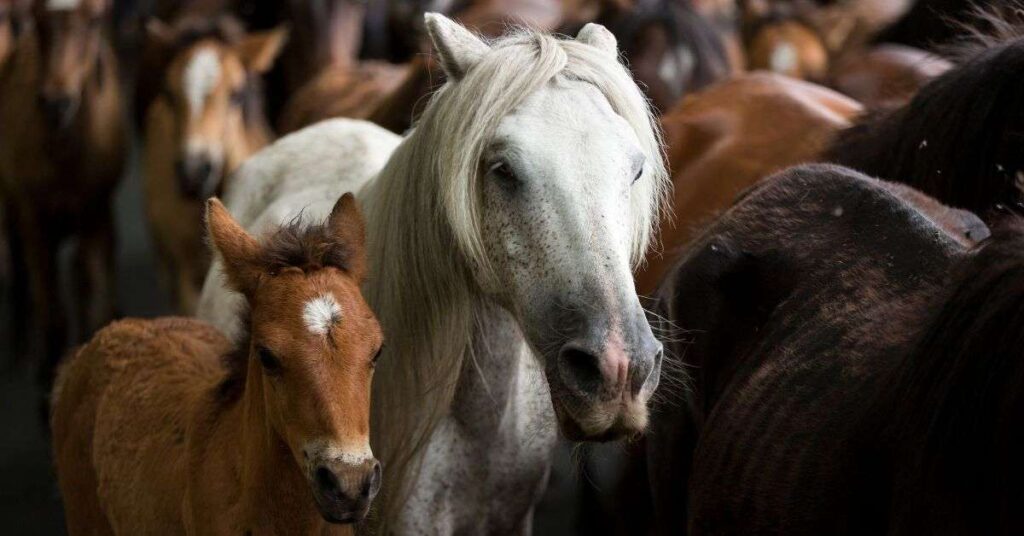
Tips for improving your horse’s social skills
If you’re interested in improving your horse’s social skills, here are a few tips to get you started:
1. Take your horse to a pasture or open space where it can interact with other horses.
2. Arrange playdates with other horses.
3. Be sure to provide plenty of opportunities for your horse to socialize with other horses on a regular basis.
4. If you have a stallion, consider gelding him to reduce aggression.
5. Keep your horse’s diet and exercise routine consistent to help reduce stress levels.
6. If you have a domestic horse, consider taking him to a riding school or therapy program where he can interact with other horses and humans.
By following these tips, you can help your horse to develop the social skills he needs to interact successfully with other horses.
Read More: How to Stop a Horse From Bucking
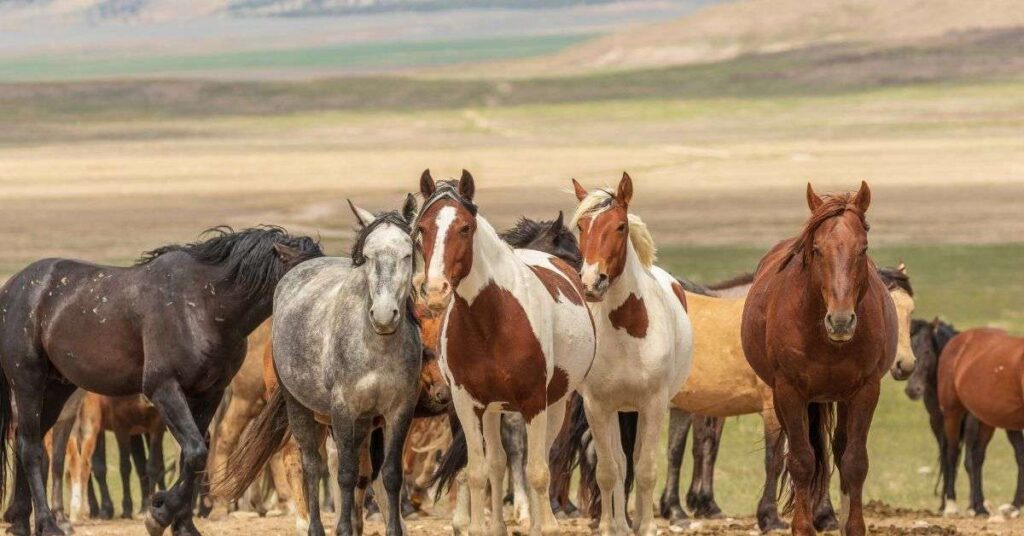
Problems that can occur when a horse isn’t properly socialized
If a horse isn’t properly socialized, he may have difficulty interacting with other horses. This can lead to aggression and stress, which can be dangerous for both the horse and the humans around him. In extreme cases, a horse who isn’t properly socialized may even become feral.
Feral horses are wild animals that have been neglected or abandoned by humans. They typically don’t have any contact with humans and are often very aggressive. If you come across a feral horse, it’s best to avoid them altogether.
Improper socialization can also lead to other problems, such as:
1. Anxiety
2. Depression
3. Fearfulness
4. Lack of trust
5. Reactivity
These problems can be difficult to deal with, so it’s important to socialize your horse from a young age. By doing so, you can help your horse to develop the skills he needs to interact successfully with other horses and humans.
How to tell if your horse is properly socialized
There are a few signs that you can look for to see if your horse is properly socialized. These include:
1. Your horse greets you when you come into the barn.
2. Your horse enjoys being around other horses and doesn’t seem anxious or fearful.
3. Your horse is easy to catch and doesn’t try to run away when you approach him.
4. Your horse stands calmly while being groomed and doesn’t mind having his feet handled.
5. Your horse is willing to load onto a trailer and doesn’t seem stressed during transport.
